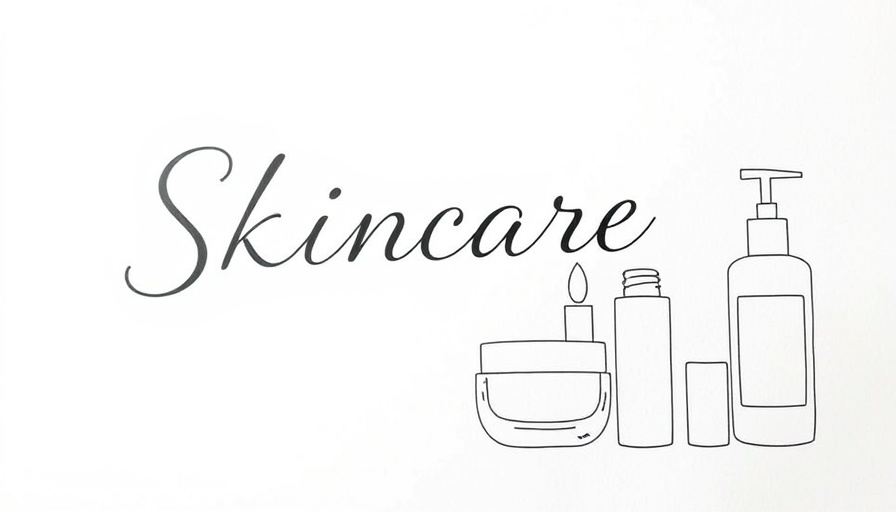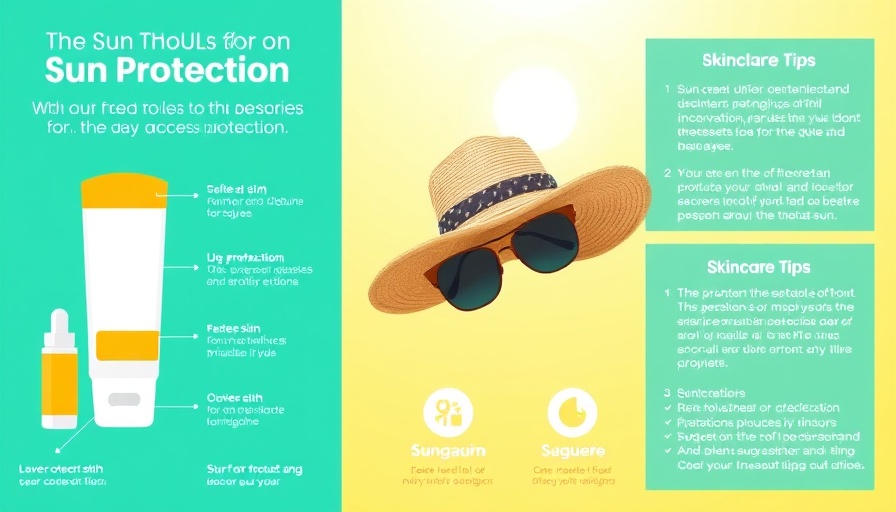
Unveiling the Truth About Collagen in Skincare
Collagen has been heralded as a skincare miracle, often pitched as the secret to youthful skin. As women aged 25-40, Gen Z beauty lovers, men interested in grooming, and eco-conscious consumers delve deeper into their skincare routines, understanding collagen becomes necessary. This article aims to peel back the layers of hyperbole surrounding collagen skincare, revealing scientific facts and practical recommendations.
What Exactly is Collagen?
Collagen is a natural protein making up a large part of our skin, bones, and connective tissues. It acts like a scaffold, providing strength and structure. Our bodies produce collagen, but production begins to taper off as early as our 20s, contributing to wrinkles and loss of elasticity.
There are at least 28 different types of collagen found throughout the human body, but types I to IV are the most significant in skincare:
Type I: The most prevalent in the skin, contributing to its firmness.
Type II: Primarily found in cartilage, important for joint health.
Type III: Supports organs and tissues, crucial during the healing process.
Type IV: Found in the basement membrane of skin layers.
Understanding Collagen's Role in Skin Health
Collagen plays a pivotal role in skin structure and maintaining its elasticity. It’s vital for the extracellular matrix (ECM) that supports aging skin—a structure that deteriorates with age.
A study highlighted by dermatologists suggests that collagen depletion is linked to skin sagging and wrinkles. While many topical creams claim to enhance collagen levels, their efficacy varies. Topical collagen molecules may be too large to penetrate the skin effectively, meaning they only provide superficial hydration.
Myths and Realities of Collagen Skincare
Amidst the chaos of marketing claims, several misconceptions about collagen persist:
Myth 1: Topical collagen products work. Fact: Collagen molecules typically don't absorb through the skin effectively; hence, they inadequately stimulate collagen production.
Myth 2: Older individuals are the only ones that need collagen. Fact: Younger individuals can benefit from early collagen supplementation to prevent later skin issues.
Myth 3: Collagen supplements yield instant skincare results. Fact: Building collagen takes time; expect gradual results.
What You Can Do to Boost Collagen Production Naturally
To replenish collagen naturally, consider:
High Vitamin C Foods: Incorporate citrus fruits, berries, and leafy greens, as Vitamin C is known to stimulate collagen production.
Retinoids: Ingredients like retinol can enhance skin cell turnover and promote collagen synthesis.
Hydration: Staying hydrated helps maintain skin elasticity.
Additionally, treatments such as chemical peels and laser therapy can promote collagen production. Always consult with a dermatologist when considering new regimes.
Conclusion: Making Informed Choices About Collagen
In a marketplace flooded with collagen-infused products, it’s essential for consumers to differentiate between effective and ineffective options. Whether you're advocating for healthier skin or exploring beautifying treatments, understanding the dynamics of collagen becomes integral. Embrace the science behind skincare and make informed choices tailored to your skin's unique needs. Want to explore more products that help boost natural collagen? Check out our detailed guides and recommendations.
#collagen, #skincare, #beauty, #skin, and #antiaging
 Add Row
Add Row  Add
Add 




 Add Row
Add Row  Add
Add 


Write A Comment